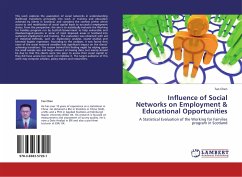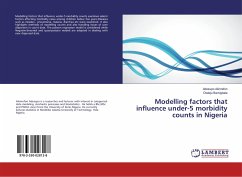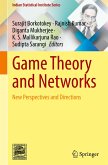This work explores the association of social networksin understanding likelihood transitions principallyinto work or training and education achieved byclients in Scotland, and considers the context withinwhich access to and mobilisation of social capitalleads to successful employment status. From thisperspective, the aim is to statistically evaluate theWorking for Families program run by Scottish Government to help vulnerable and disadvantaged parents in some of most deprived areas in Scotland into sustained employment and training. Theevaluation was obtained with aid of statistical methods, such as: exploratory analysis, cluster analysis and binomial logistic regression. According to the analyses, it was found that none of the socialnetwork variables had significant impact on theclients achieving transitions. The reason behindthis finding might be relying upon the small samplesize and large amount of missing data, but mainlyshould be due to that the clients were too poor toaccess their social capital or they did have accessbut could not mobilise it. The target audience ofthis work may comprise scholars, policy makers andresearchers.
Bitte wählen Sie Ihr Anliegen aus.
Rechnungen
Retourenschein anfordern
Bestellstatus
Storno








